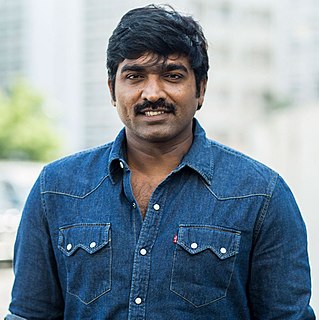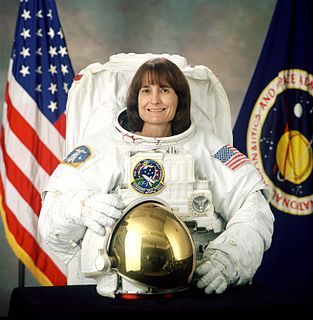A Quote by Walter Pater
Not to discriminate every moment some passionate attitude in those about us, and in the very brilliancy of their gifts some tragic dividing of forces on their ways, is, on this short day of frost and sun, to sleep before evening. With this sense of the splendour of our experience and of its awful brevity, gathering all we are into one desperate effort to see and touch, we shall hardly have time to make theories about the things we see and touch.
Related Quotes
The normal way of gathering information is through sound: when you hear information that you want to gather, you look in its direction, you see what it is, if you choose you can get closer, you can see it, you can touch, and then, finally, the most committed form of data gathering is to taste it and eat it. But for the urbanite, we're cut off from our primary sense, and I want to stress that - our primary sense of gathering information about the place that we're living in - and instead, we're in a war zone.
I want to do the right thing, but often I don't know just what the right thing is. Every day I know I have come short of what I would like to have done. Yet as the years pass and I see the very world itself, with its oceans and mountains and plains, as something unfinished, a peculiar little satisfaction hunts out the corners of my heart. Sunsets and evening shadows find me regretful at task's undone, but sleep and the dawn and the air of the morning touch me with freshening hopes. Strange things blow in through my window on the wings of the night wind and I don't worry about my destiny.
Every day we touch what is wrong, and, as a result, we are becoming less and less healthy. That is why we have to learn to practice touching what is not wrong—inside us and around us. When we get in touch with our eyes, our heart, our liver, our breathing, and our non-toothache and really enjoy them, we see that the conditions for peace and happiness are already present.
One Taste is not some experience you bring about through effort; rather, it is the actual condition of all experience before you do anything to it. This uncontrived state is prior to effort, prior to grasping, prior to avoiding. It is the real world before you do anything to it, including the effort to "see it nondually".
There's nothing easy or simple or even entertaining (in our contemporary American sense of that word) in disciplining our minds to "see" reality through biblical lenses; it takes effort and time. But Christians who don't take that effort and time will inevitably succumb to some of the anti-biblical and anti-Christian messages that bombard us every day through advertising, entertainment, etc.
Some people think elections are a game: who's up or who's down. It's about our country. It's about our kids' future. It's about all of us together. Some of us put ourselves out there and do this against some difficult odds. We do it, each one of us, against difficult odds. We do it because we care about our country. Some of us are right, and some of us are not. Some of us are ready, and some of us are not. Some of us know what we will do on day one, and some of us haven't thought that through.
Stories? We all spend our lives telling them, about this, about that, about people … But some? Some stories are so good we wish they’d never end. They’re so gripping that we’ll go without sleep just to see a little bit more. Some stories bring us laughter and sometimes they bring us tears … but isn’t that what a great story does? Makes you feel? Stories that are so powerful … they really are with us forever.
I've begun worshipping the sun for a number of reasons. First of all, unlike some other gods I could mention, I can see the sun. It's there for me every day. And the things it brings me are quite apparent all the time: heat, light, food, and a lovely day. There's no mystery, no one asks for money, I don't have to dress up, and there's no boring pageantry. And interestingly enough, I have found that the prayers I offer to the sun and the prayers I formerly offered to "God" are all answered at about the same 50% rate.
Scientists are educated from a very early time and a very early age to believe that the greater scientist is the scientist who makes discoveries or theories that apply to the greatest ambit of things in the world. And if you've only made a very good theory about snails, or a very good theory about some planets but not about the universe as a whole, or about all the history of humankind, then you have in some sense accepted a lower position in the hierarchy of the fame of science as it's taught to you as a young student.
There are stories that are true, in which each individual's tale is unique and tragic, and the worst of the tragedy is that we have heard it before, and we cannot allow ourselves to feel it to deeply. We build a shell around it like an oyster dealing with a painful particle of grit, coating it with smooth pearl layers in order to cope. This is how we walk and talk and function, day in, day out, immune to others' pain and loss. If it were to touch us it would cripple us or make saints of us; but, for the most part, it does not touch us. We cannot allow it to.


































